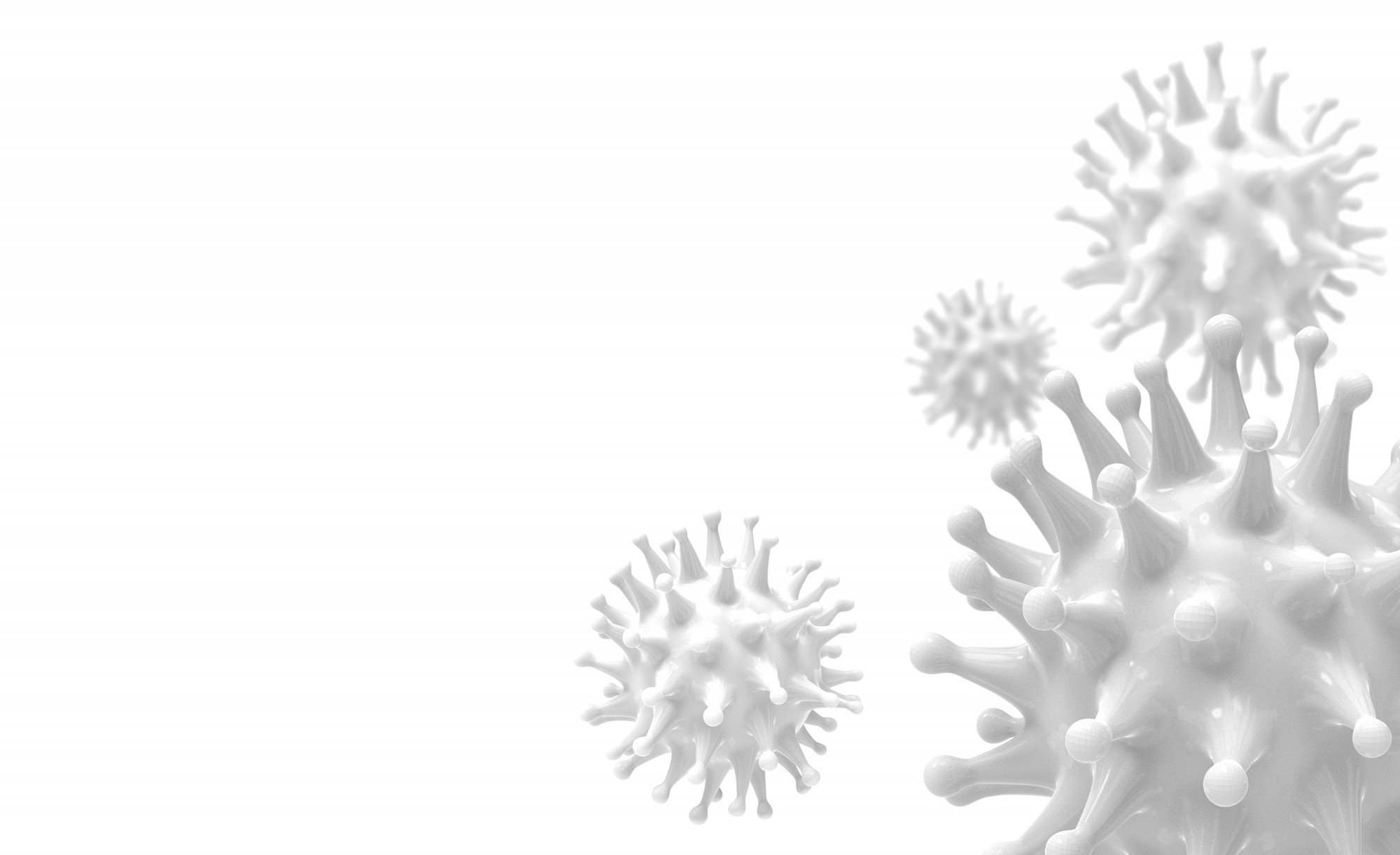
Independent expert consensus for the betterment of public health policy
Providing expert, unbiased advice
OzSAGE (Australian Strategic Advisory Group of Experts ) is a multi-disciplinary network of experts from a broad range of sectors relevant to the well-being of the Australian population through the COVID-19 pandemic and on into the future.
In the midst of many competing opinions, OzSAGE offers well-researched and robustly debated independent expert advice. We do this to inform the common national goal of navigating the pandemic with the best possible health, social and economic outcomes.
Members of OzSAGE are not paid, and provide their time without remuneration or any political agenda.
We all subscribe to a humanitarian perspective, and acknowledge that pre-existing problems in public health and economic disparity always magnifiy the unfair impacts of disease on disadvantaged groups within the population.
Primarily, the group acts as a forum for the consolidation of expert views coming from multiple disciplines, free from conflicts caused by employment or government roles.
-

Expert analysis
World-class expertise relevant to all aspects of the COVID pandemic
-

Public health advocacy
Advocating for evidence-based public health responses
-

Impartial advice
Advice based on science without political or commercial influence
Key facts about COVID
-
COVID has become a leading cause of death in Australia, and continues to cause significant adverse health impacts - including Long COVID, immune system dysregulation and increased risk of cardiovascular disease.
Despite declining media coverage and a lack of political interest, COVID continues to spread in the community. Each new variant further avoids immunity, continuing to place Australians at risk.
-
Research from around the world has shown that COVID causes a wide range of long-term health problems.
Around 1 in 10 COVID infections leads to Long COVID, a debilitating condition which can cause extreme fatigue, breathing problems, chronic pain, heart palpitations and cognitive impairment. Long COVID can affect anyone, including children, and can occur even after a “mild” acute infection.
A COVID infection also increases the risk of many other serious health conditions — including heart attack, stroke, blood clots and neurological disorders. In kids and adolescents it significantly increases the risk of pulmonary embolism, myocarditis, thromboembolism, renal failure and diabetes.
There is increasing evidence that COVID causes immune system dysregulation via depletion of T-cells, which play a vital role in the body’s ability to fight infection. This in turn increases susceptibility to other infections.
We also now know that the harm from COVID is cumulative — that is, the risk of a person having adverse health outcomes increases with each infection.
-
It has been known since mid-2020 that COVID is an airborne virus — meaning it is transmitted primarily by aerosols.
Aerosols are microscopic particles produced by breathing. When a person with COVID exhales, they expel aerosol particles containing the virus into the air. Anyone who inhales these virus-laden particles can potentially be infected.
Aerosols can travel long distances and can remain suspended in the air for hours in poorly ventilated indoor spaces, similar to cigarette smoke.
A person can be infected by breathing in virus particles regardless of how far away they are from the infected person, and even if the infected person is no longer in the room.
-
Australia’s current pandemic response downplays the seriousness of COVID and doesn’t do enough to prevent people getting infected and re-infected.
The laissez-faire approach taken by federal and state governments since late 2021 has led many Australians to believe the rhetoric that COVID is “not exceptional” and can be treated “like any other respiratory illness”.
As a result, many Australians are not taking basic precautions against catching or spreading the virus. Many Australians don’t even know that COVID is airborne, and that it is spread mainly by inhaling virus particles breathed out by infected people.
-
There are simple steps we can all take to reduce the risk of being infected or spreading COVID to others:
Test if unwell, and stay away from others until you’re no longer infectious
Maximise ventilation to ensure virus particles don’t build up in the air
Avoid large indoor gatherings, particularly if ventilation isn’t good
Use HEPA filters to remove virus particles from the air
Wear a high-quality (N95 or P2) mask, particularly in densely populated or poorly ventilated indoor spaces
